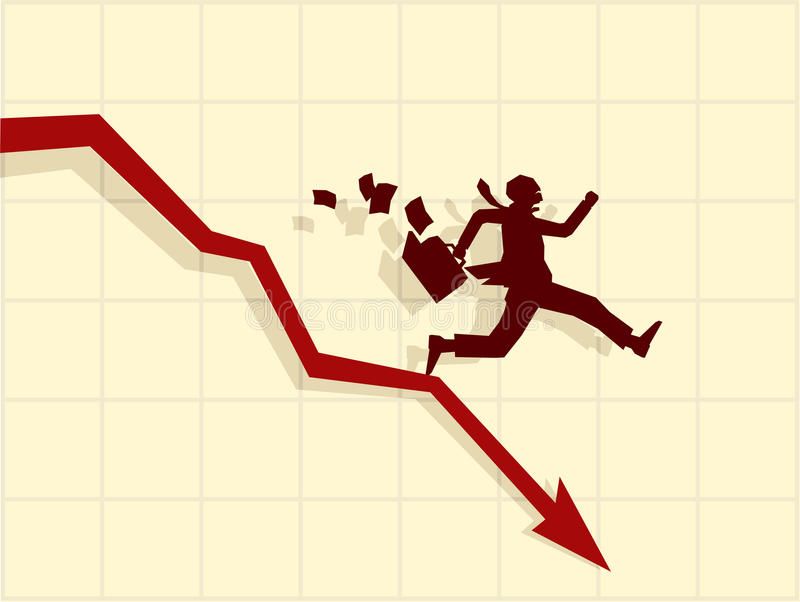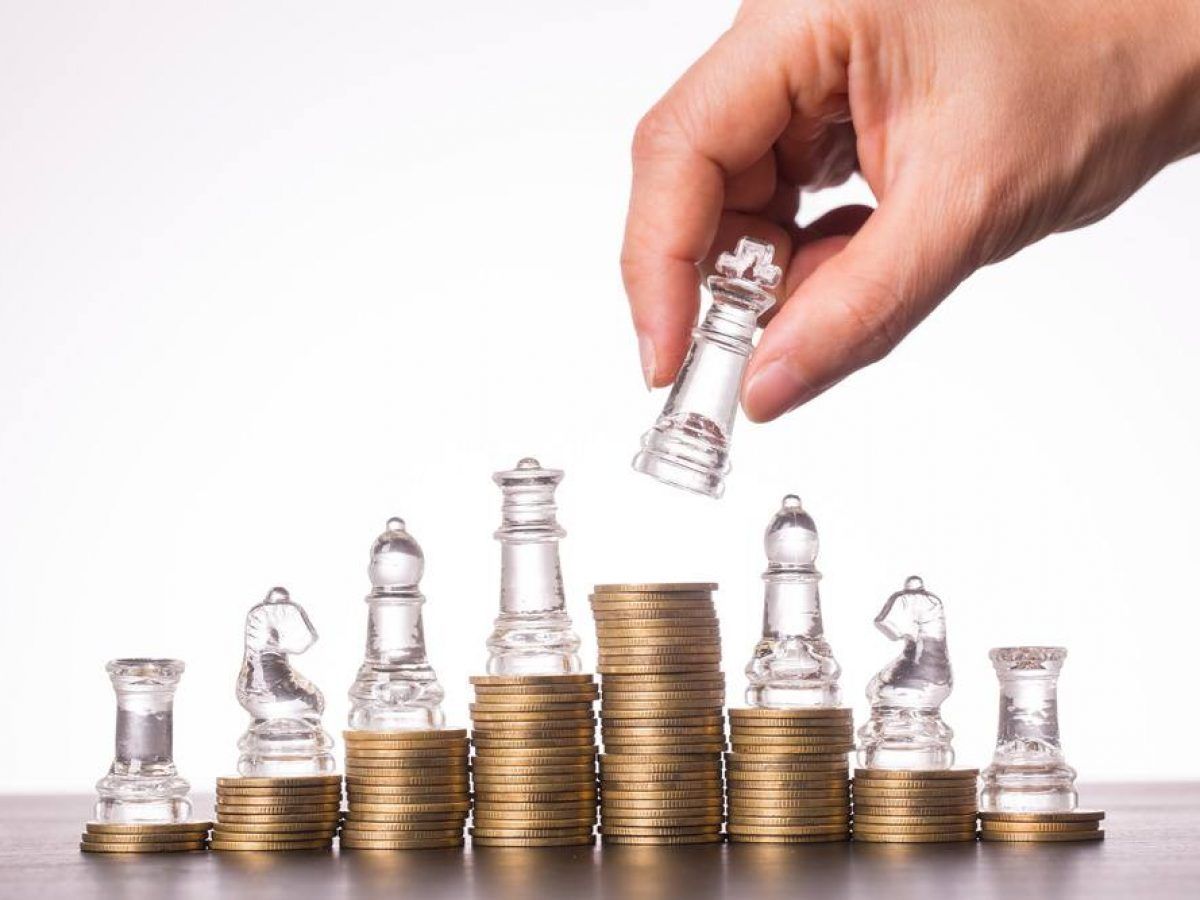
To reduce your expenses, it is important to adjust your budget and make sure you are spending your money wisely. Track your expenses and prioritize those that are essential, such as food, housing and utilities.
Eliminate unnecessary expenses
One of the first steps to reduce your expenses and increase your savings is to identify unnecessary expenses in your monthly budget. To do this, it is important to make a detailed list of all your expenses and analyze which of them you can eliminate or reduce.
Some ideas to eliminate unnecessary expenses are:
- Cancel subscriptions or memberships you don't use;
- Reduce entertainment and leisure expenses;
- Buying food and products in bulk;
- Take advantage of offers and discounts on purchases;
- Saving electricity and reducing water consumption.
It is not necessary to eliminate all these expenses from your budget at the same time, but you should take steps to reduce them gradually. Remember that every little action counts and can make a difference at the end of the month.
Compare prices and offers
One of the best ways to reduce your expenses is to compare prices and offers before making a purchase. There are plenty of websites and mobile apps that allow you to compare prices at different stores and find the best deals of the moment.
It is also important to be aware of promotions and discounts offered by stores, but remember that not always the most expensive product is the best, so be sure to read reviews and compare features before making a purchase.
Avoid indebtedness
One of the main causes of financial problems is excessive indebtedness. Therefore, it is important to avoid acquiring new debts and try to pay off the ones you already have as soon as possible.
To avoid getting into debt, it is advisable not to use credit cards in excess and always pay the total balance each month, do not apply for loans or credits if they are not really necessary and do not fall into the temptation of buying things on credit with long terms and high interest rates.
The less debt you have, the easier it will be to save money and achieve your long-term financial goals.
Create a monthly budget
To reduce your expenses and increase your savings, it is essential that you have control over your finances. Therefore, the first thing you should do is create a monthly budget.
In this budget, you should write down all your monthly income and expenses. It is important that you are very detailed and do not leave any expense out. Include everything from your house rent to the money you spend on your morning coffee.
Once you have your budget ready, analyze each expense to identify those you can reduce or eliminate. For example, if you notice you spend a lot of money on meals away from home, you could start cooking more at home and take your food to work.
It is also advisable to set a fixed amount to save each month and include it in your budget as an expense. This way, you'll be sure to allocate a portion of your income to savings.
Set savings goals
It is important to have a clear goal in order to save successfully. Decide how much money you want to save and over what period of time. You can break down your goal into small objectives, such as saving a certain amount each week or month.
It is also important to set priorities. Decide which expenses are necessary and which you can reduce or eliminate altogether.
Once you have your goals clear, set a plan of action to achieve them. You can use tools such as a monthly budget to track your expenses and make sure you are saving the desired amount each month.
Automate your savings
One of the best ways to increase your savings and make sure you're not spending it on unnecessary things is to automate your savings. You can do this by setting up an automatic transfer from your checking account to your savings account each month or each time you receive your salary.
You can also set up the automatic savings option in your banking application, so that every time you make a purchase the amount is rounded up and the difference is transferred directly to your savings account.






